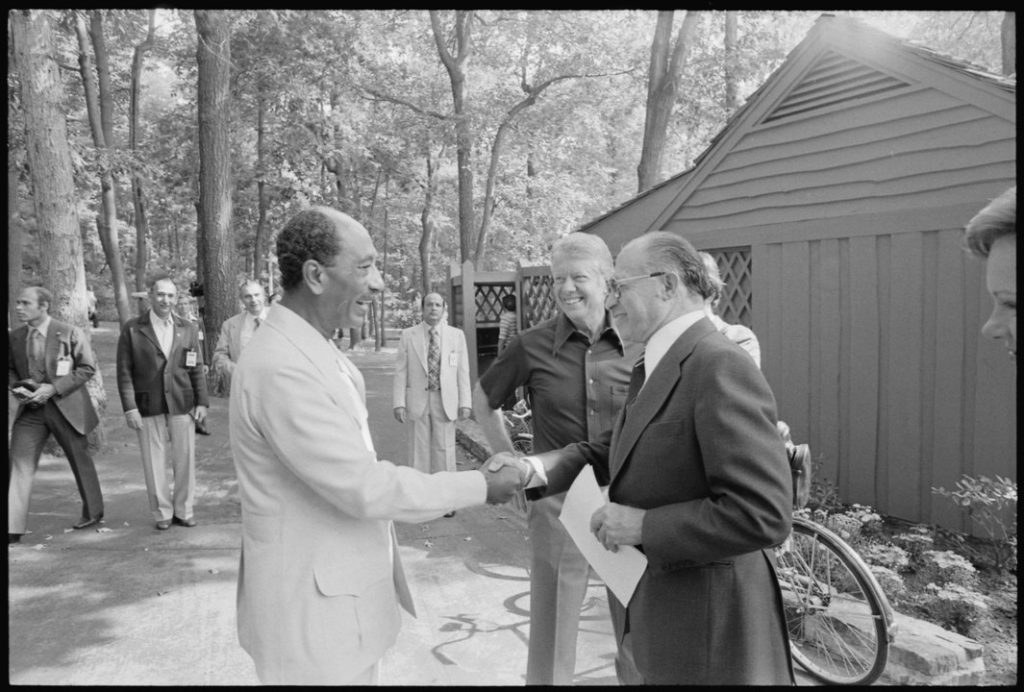
Making peace between Israel and the Palestinians is about emotions just as much as about substance. While President Donald Trump’s plan offers substantial detail, it was introduced without taking the psychology of peacemaking into account. Advancing the plan now under such circumstances is nearly impossible.
The flawed personal relations between Palestinian leader Mahmoud Abbas and President Trump all but guaranteed that Abbas will reject the initiative, commentator Jacky Hugi wrote in Maariv daily. Notably, Abbas dedicated much of his latest speech at the Arab League to his meetings with Trump, Hugi wrote.
The manner of unveiling the plan and subsequent declarations about Israeli annexation of West Bank land were also unhelpful. These statements created a sense of emergency and national humiliation among the Palestinians, Arab affairs analyst Shimrit Meir wrote in Yediot Aharonot daily.
Overall, it appears that little attention was given to creating the proper psychological framework to advance negotiations. Without this foundation, it will be difficult to restart any kind of meaningful Israeli-Palestinian dialogue.
Psychological Profiles of Leaders
Looking at the 1970s Israel-Egypt peace process may offer useful lessons for the present. In his role as mediator, President Jimmy Carter emphasized the emotional aspects of peacemaking before and during the talks. While the circumstances were clearly different back then, the underlying logic remains relevant.
Paradoxically, Carter was an engineer by training, and believed that international conflict was fundamentally about substance rather than emotions. However, he was keenly aware of the role that President Anwar Sadat’s and Prime Minister Menachem Begin’s emotional psychology would play in the 1978 Camp David Summit.
Hence, Carter invested great efforts in analyzing the personalities of the two leaders. As part of his preparations, he requested detailed psychological profiles of Sadat and Begin, and closely reviewed them. A US staffer later remarked that the game plan for the summit reminded him of “group therapy.”
Choosing Ideal Location
Notably, the peace summit featured repeated outbursts of anger and emotion, including a Begin-Sadat shouting match and some table pounding. However, building a strong psychological foundation enabled Carter to resolve crises at key junctions.
When the Egyptian delegation threatened to quit, Carter made an emotional appeal that convinced Sadat to stay. At another critical moment, Carter gave Begin photographs of the three leaders, personally dedicated to the Israeli PM’s grandchildren. This prompted an emotional discussion that Carter later credited for salvaging the negotiations.
The setting of the summit also carried significant implications, as it impacted the psychological environment. Hence, the US peace team chose the Camp David presidential retreat as an ideal location. The site offered substantial advantages by creating a relaxed atmosphere and allowing Carter to isolate the negotiators and keep the press out.
Overall, there were various factors that contributed to the successful outcome of the Egypt-Israel talks. Still, President Carter’s psychological insight was instrumental in driving the process forward. Making progress on the Israeli-Palestinian track will require similar tactics and sensitivity.


